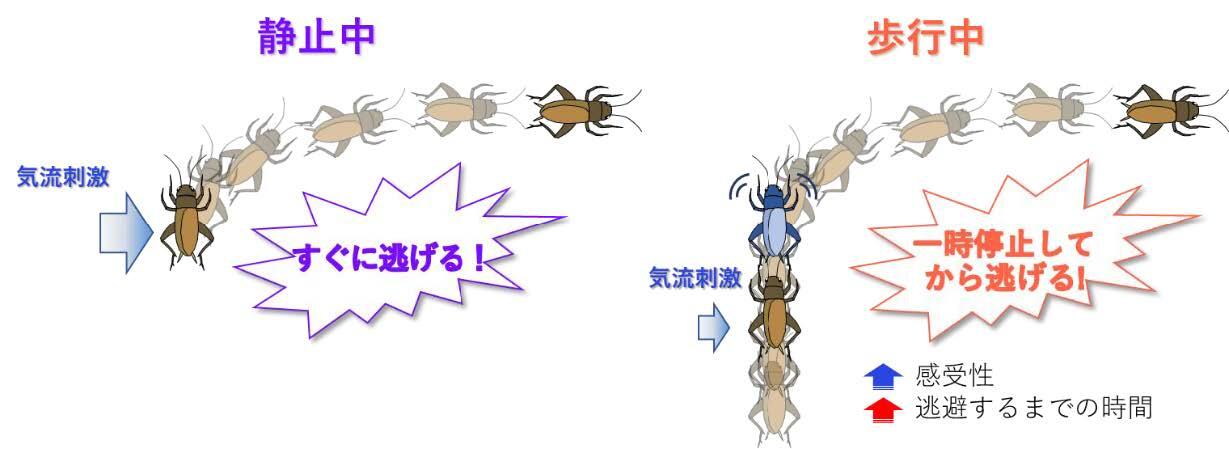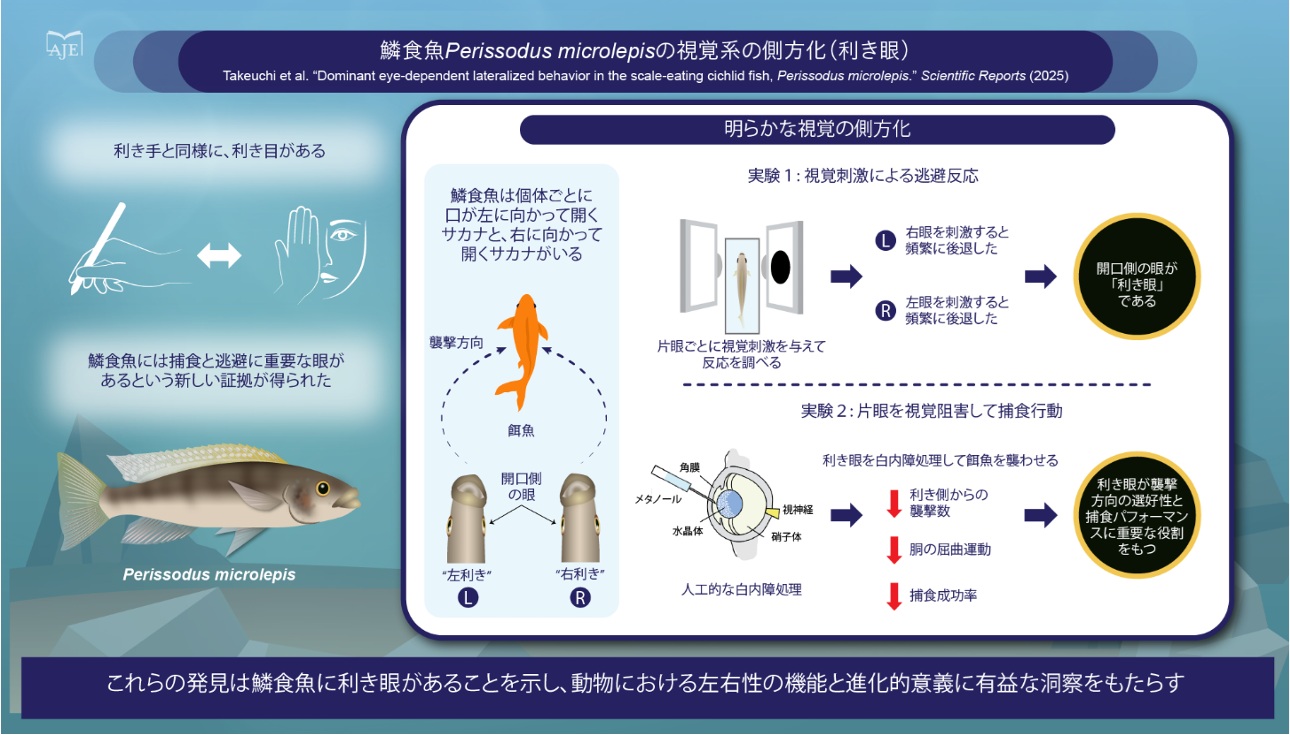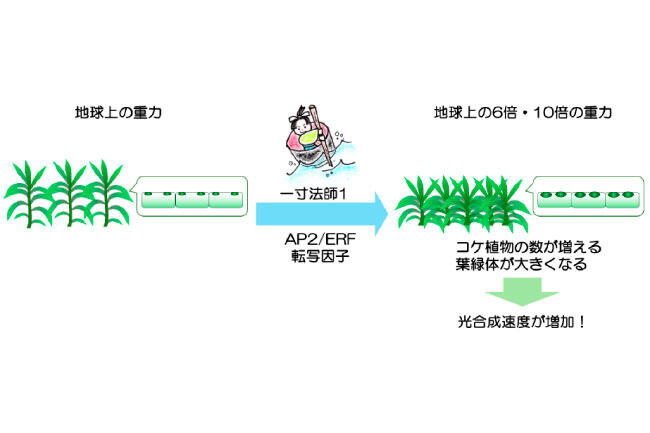Motor state changes escape behavior of crickets

Highlights
Motor states when stimulated affect cricket wind-elicited escape behavior.
When stimulated during locomotion, crickets quickly stop prior to escape.
Moving crickets are more sensitive to airflow stimuli than stationary ones.
Response delay during moving may be compensated by the high sensitivity.
Summary
Animals change their behavior depending on external circumstances, internal factors, and their interactions. Locomotion state is a crucial internal factor that profoundly affects sensory perception and behavior. However, studying the behavioral impacts of locomotion state in free-moving animals has been challenging due to difficulty of reproducing quantitatively-identical stimuli in freely moving animals. We utilized a closed-loop controlled servosphere treadmill system, enabling unrestricted confinement and orientation of small animals, and …
Read the full article on iScience
Article Information:
Kiuchi, K., Shidara, H., Iwatani, Y., Ogawa, H., Motor state changes escape
behavior of crickets, ISCIENCE (2023), doi: https://doi.org/10.1016/j.isci.2023.107345.







